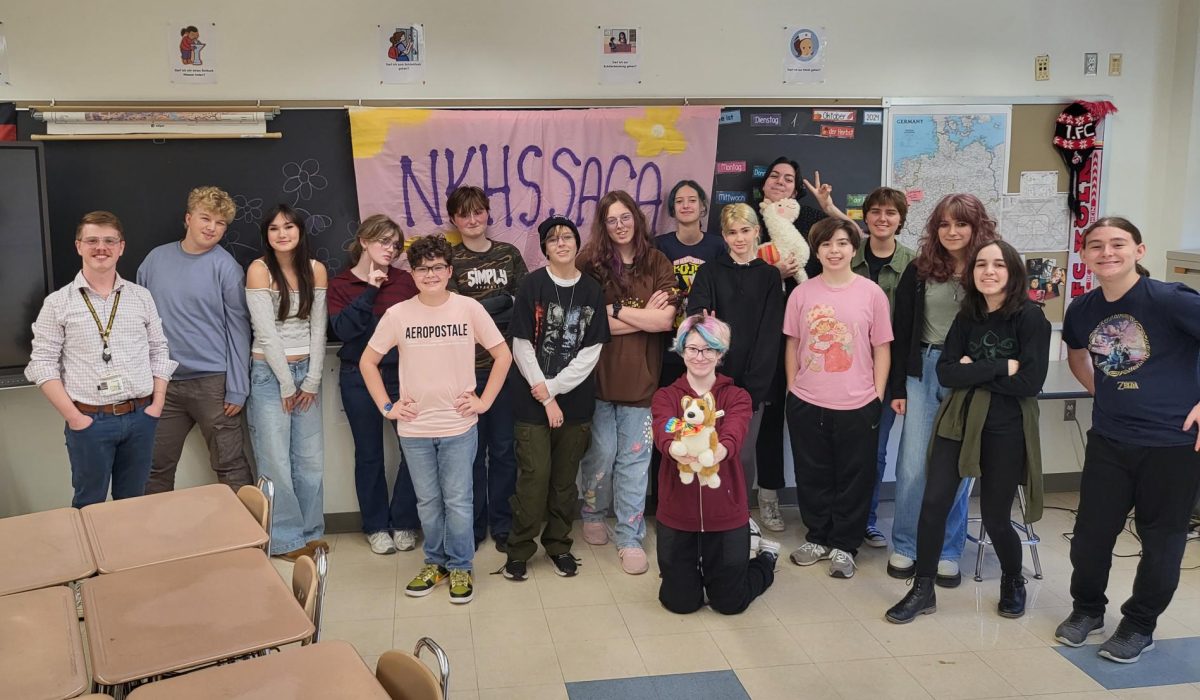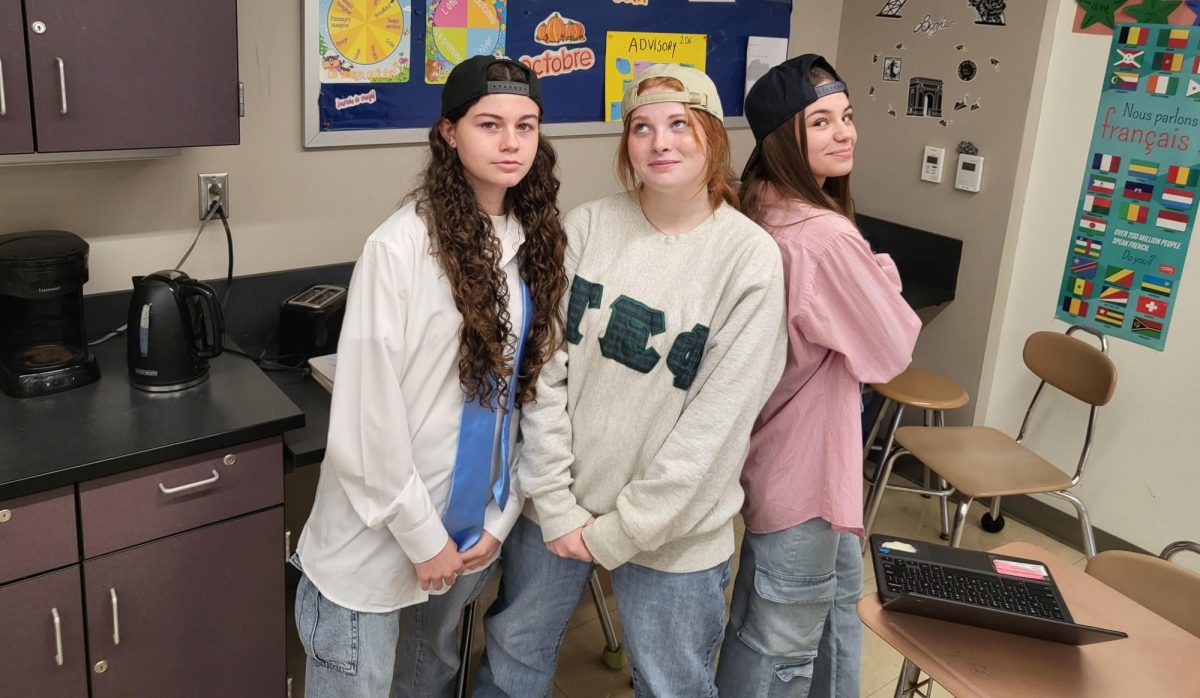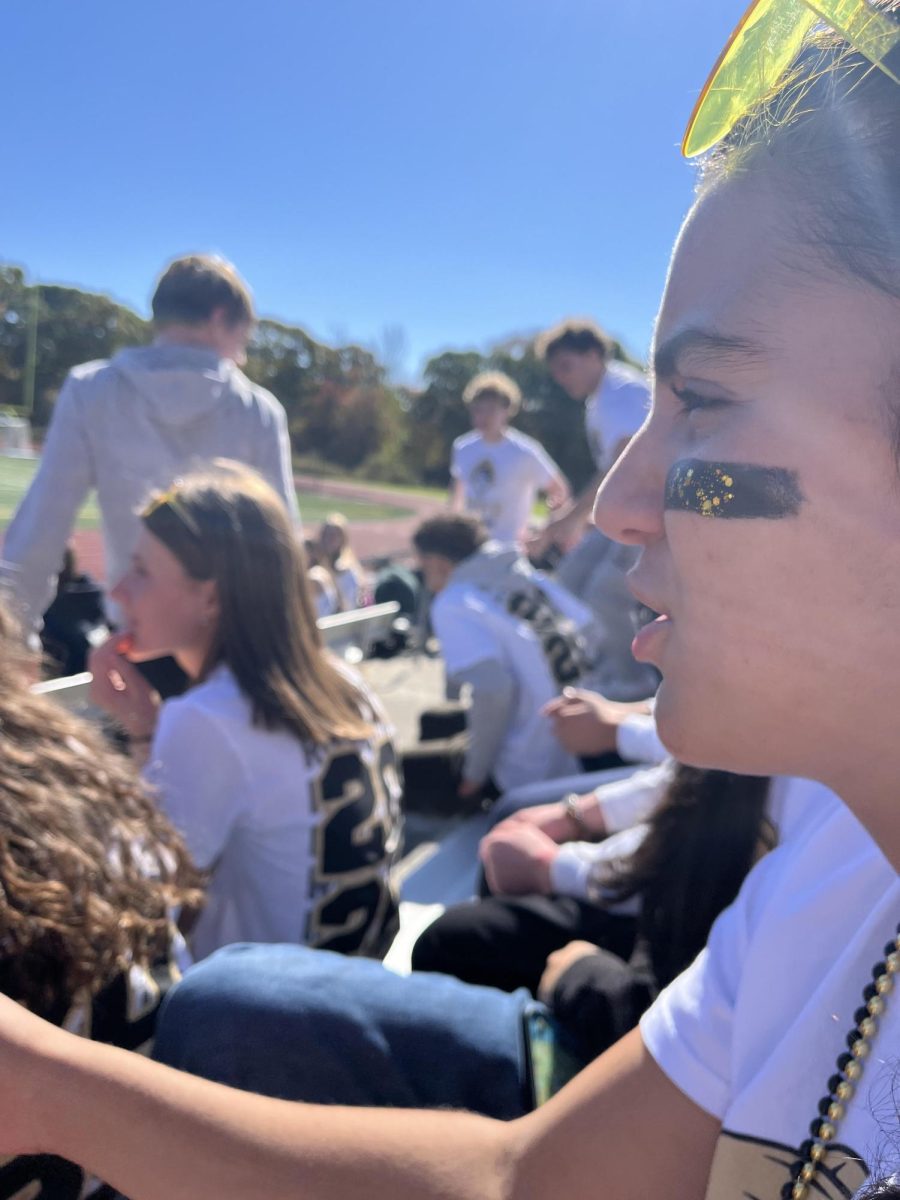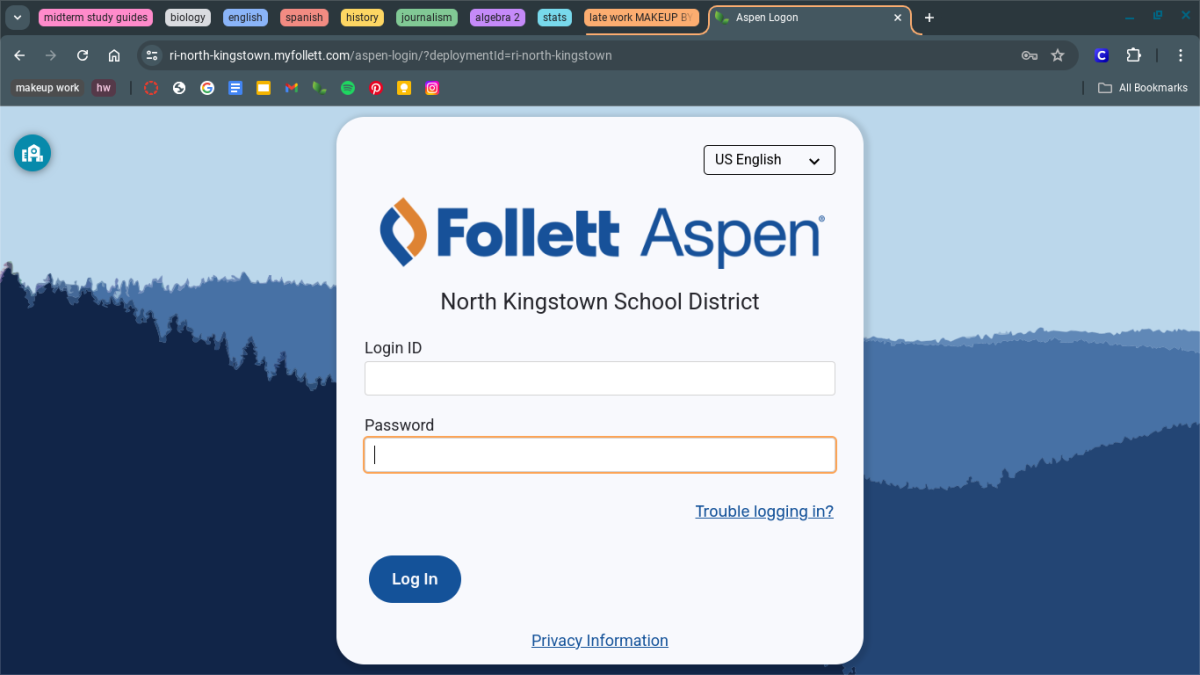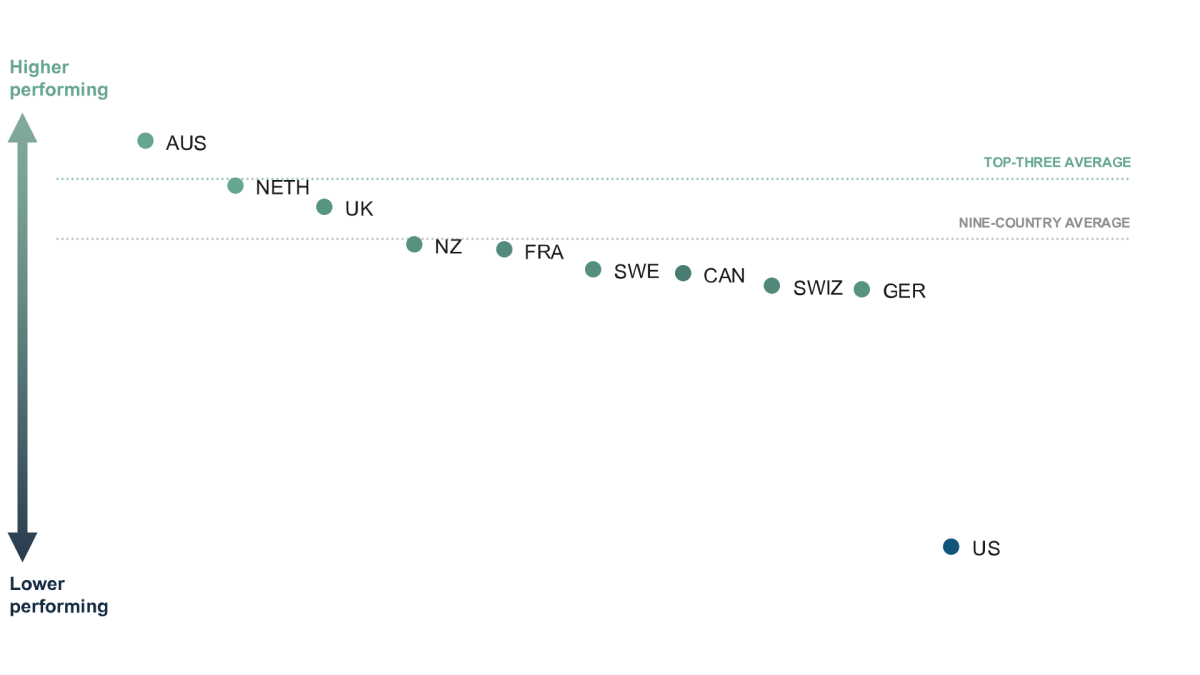Greetings from under the equator
Preparing for a year in a different continent isn’t typically on most sophomores’ minds halfway through the school year. In February 2013, Jesse Facey, now a senior, was getting on a plane that would take her to Argentina until January 2014.
The AFS Intercultural Program, an international study abroad organization enabled Jesse to spend eleven months in South America. The program’s goal is to create more global citizens through education via cultural learning. It offers study abroad experiences in numerous countries throughout Africa, Asia/Pacific Rim, Europe, and Latin America.
Facey was drawn to the organization because she “wanted to live away from home for a year and go to a completely new place.” She selected Argentina because she was interesting in a Spanish speaking country without an abundance of American influence.
Adapting to the culture proved to be difficult in the beginning. Facey said, “It took a month or two to adjust going home for lunch – the biggest meal of the day – and having a fiesta in the afternoon.” However, once back in America, modifying her life without a fiesta was even more challenging.
She struggled most with getting accustomed to living with a new family. “My little brother was really cautious and distrustful of me for the first few months,” said Facey. “When he started introducing me to people as his “hermana de Estados Unidos” it was the best gift he could’ve ever given me because it showed me that he finally accepted me as a member of the family.”
Argentina’s school system did not compare to the rigor of NK. You can be absent to up to 25 times per year, and the students took only one to two tests each trimester in every subject.
The social life in Argentina contrasted most with America’s. In Argentina “there’s always a time to be social, even for the kids who do all of their homework,” said Facey.
Drinking and partying rules in the US are enforced, and typically students at the top of their class enrolled in the most vigorous classes aren’t out until 2 a.m. Nevertheless, the party culture was the most noticeable difference. “The valedictorian of my school in Argentina drank socially on the weekends and went to clubs like everyone else,” she said.
Due to the weather and culture, Christmas traditions varied greatly from American ones. The holiday was one of Facey’s most memorable experiences. She felt as though she truly belonged with her family. “We lit paper lanterns watched them almost crash into trees and then float up into the sky,” she said. “After dinner and presents…all of my friends and I sat on the sidewalk drinking terere (Argentina iced tea), and singing and dancing until 7 in the morning. It was a great Christmas.”
Alas, all good things must come to an end. Despite the difficulties that the beginning of her trip brought, saying goodbye to all of them was the worst. “I’ve never cried harder in my life when I said goodbye to [everyone],” said Facey. “It broke my heart when my dad crossed the street because he didn’t want anyone to see him cry.”
Since her experience, she keeps in touch with her friends, family, and fellow exchange students as much as possible via whatsapp, Facebook, and skype. She will visit them when she is able to purchase a plane ticket.
Facey encourages individuals who genuinely are interested in learning other cultures and willing to be flexible to research various programs. “The things you “miss out” on at home are nothing compared to all of the things you will gain.”
Your donation will support the student journalists of North Kingstown High School. Your contribution will allow us to distribute a print edition of the Current Wave to all students, as well as enter journalism competitions.

